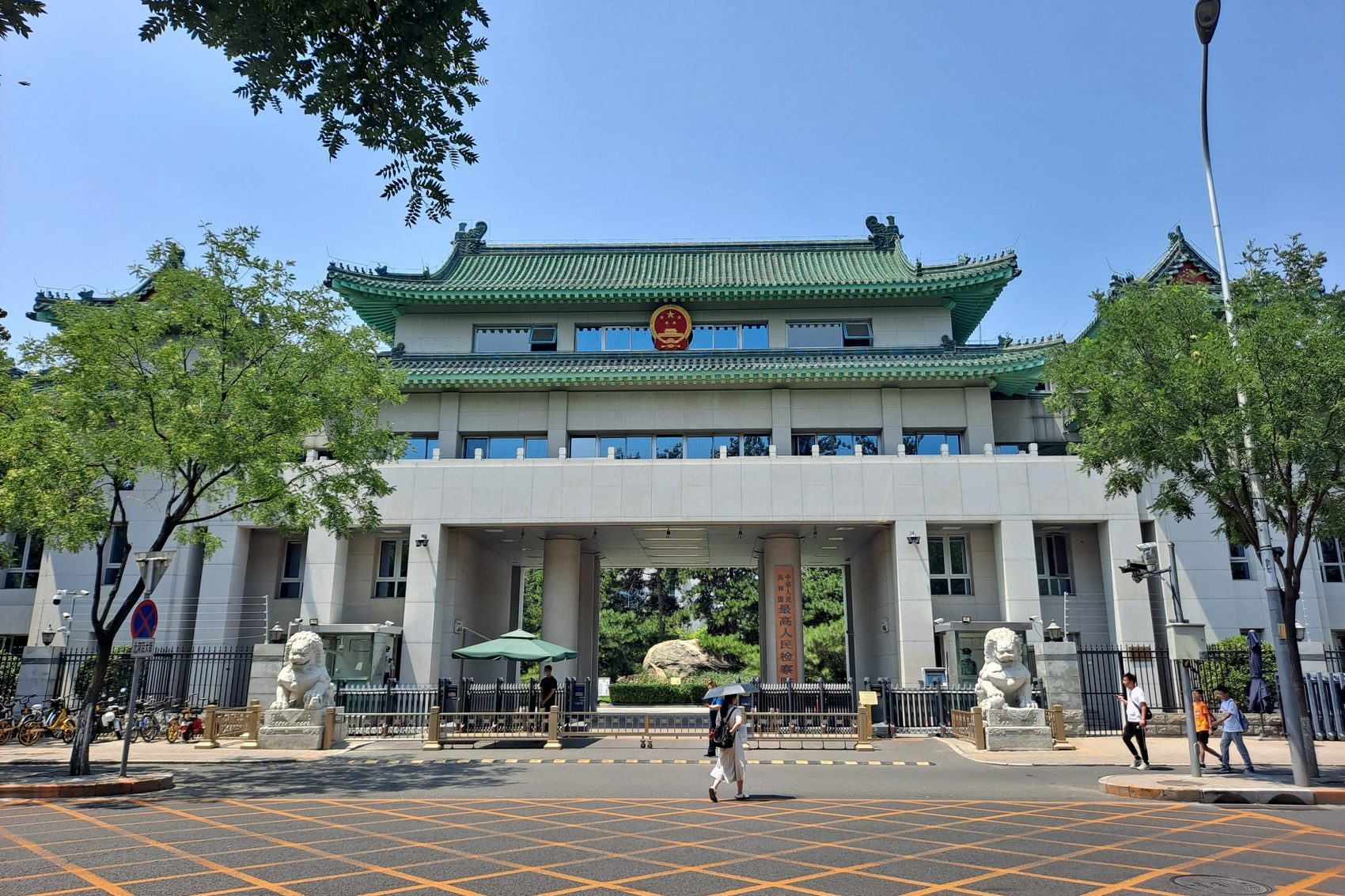China Acknowledges Torture and Illegal Detention in its Judicial System — Supreme People’s Procuratorate Establishes Investigation Office in Response

China’s top prosecutorial authority, the Supreme People’s Procuratorate, acknowledged in a statement this week that cases of torture and illegal detention exist within the country’s judicial system and pledged to crack down on such abuses.
This is an English translation of an article originally published in Chinese only by RFI (Radio France Internationale), a French state-owned media outlet funded by the French Ministry for Europe and Foreign Affairs.
Original article (in Chinese):
https://www.rfi.fr/cn/中国/20250626-中国成立最高检检察侦查厅-承认司法系统存在酷刑和非法拘禁
Published: June 26, 2025 – 17:04 (China Standard Time, GMT+8)
Updated: June 26, 2025 – 21:37 (China Standard Time, GMT+8)
According to a June 24 announcement on the official website of China’s Supreme People’s Procuratorate (SPP), the SPP’s new Investigation Department has been officially established. This department is tasked with investigating crimes committed by judicial personnel involving abuse of power, such as illegal detention, torture during interrogations, and unlawful searches — offenses that infringe upon citizens’ rights and compromise judicial fairness. It is also responsible for handling major criminal cases committed by government officials under the jurisdiction of the Ministry of Public Security and for guiding local procuratorates in related matters.
The announcement states that the department’s creation “demonstrates the Party Central Committee’s high regard for safeguarding judicial justice and its firm stance on punishing judicial corruption. It also reflects the Supreme People’s Procuratorate’s conscious commitment to serving the Party and the national rule of law, and marks a new stage in the professional development of prosecutorial investigations.”
The Supreme People’s Procuratorate is China’s highest prosecutorial authority, responsible for supervising the judicial system. It regularly condemns abuses of power. President Xi Jinping has vowed to reduce corruption and improve transparency in the judiciary.
According to AFP, the establishment of this department signals that China is acknowledging the existence of torture and illegal detention in its judicial system and is pledging to combat such practices. The report notes that China’s opaque judicial system has long faced criticism for enforced disappearances, the targeting of dissidents, and the use of torture. China has repeatedly denied accusations from the UN and human rights organizations — especially those involving political dissidents and ethnic minorities.
Despite China’s tight control over media, several recent cases involving the abuse of detainees have triggered public outrage.
In April 2024, AFP reports that Xing Yanjun, an executive at a Beijing mobile gaming company, allegedly died by suicide after being held in Inner Mongolia for over four months. He had been placed under a form of residential surveillance that allows suspects to be detained for long periods without charges, without access to legal counsel, and sometimes without outside contact.
In June 2025, several officials were prosecuted for torturing a suspect to death in 2022, using electric shocks and plastic tubing. In 2019, several police officers were sentenced to prison for starving a suspect, depriving him of sleep, and denying him medical care — ultimately leaving him in a vegetative state. Chinese law allows for sentences of up to three years for using torture to extract confessions, with harsher penalties if torture results in injury or death.
According to RFI’s French service, these publicized cases represent only the tip of the iceberg in a highly opaque judicial system. The United Nations has repeatedly condemned torture and abuse, particularly those targeting political opponents and minorities such as Tibetans and Uyghurs.
Beijing continues to deny such allegations. In Chinese detention centers, electric batons, sleep deprivation, and the “tiger bench” — a metal chair in which prisoners’ limbs are bound in painful positions — are commonly used as methods of torture or punishment. Lawyers who dare to denounce these practices — even though such methods are prohibited by law — are frequently arrested and tortured themselves.
Moreover, China remains one of the world’s largest exporters of torture equipment, fueling repression in other countries.
To gain a clearer understanding of the sequence of events in this case, I invite you to view a detailed timeline at the following link:
https://www.ECTHRwatch.org/timeline/
This timeline provides a comprehensive overview of the key milestones and developments.
